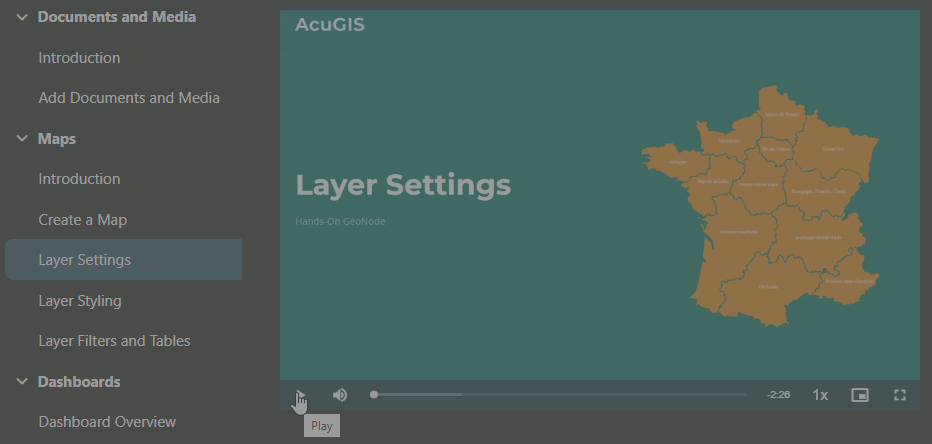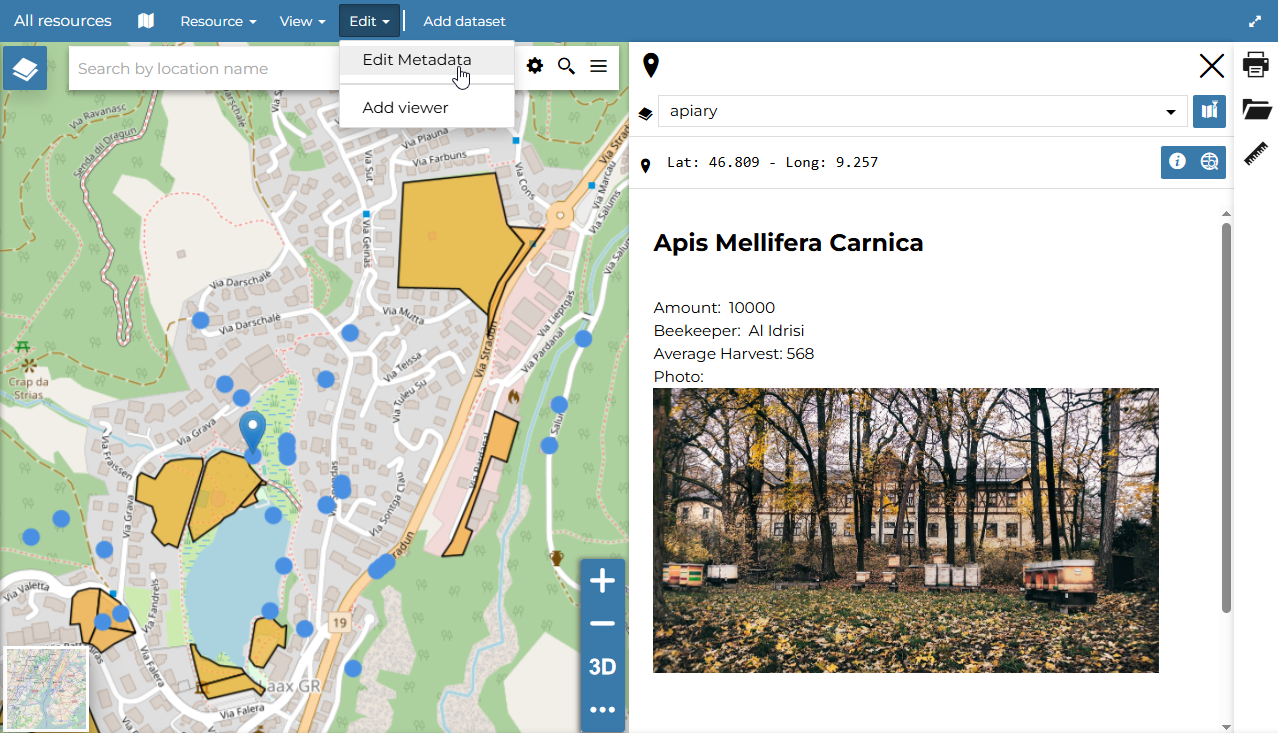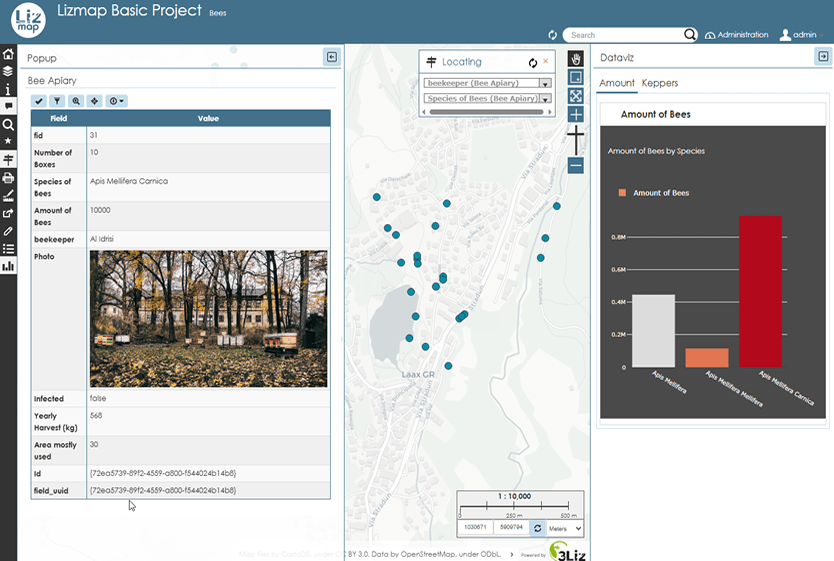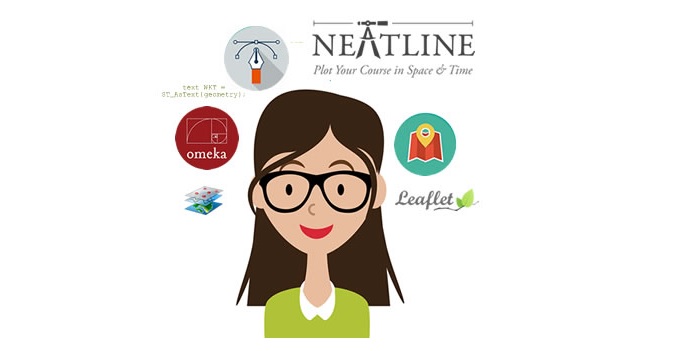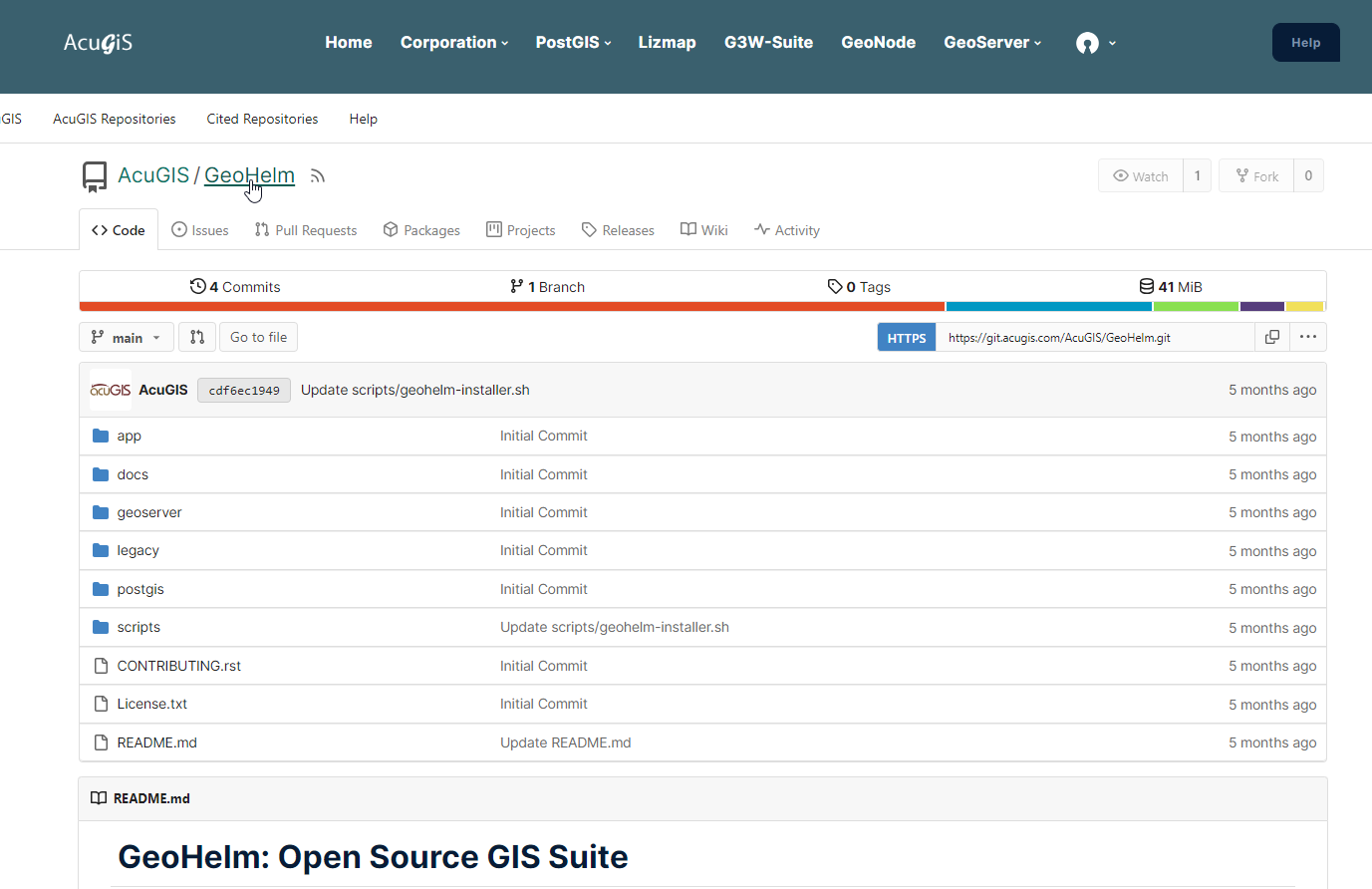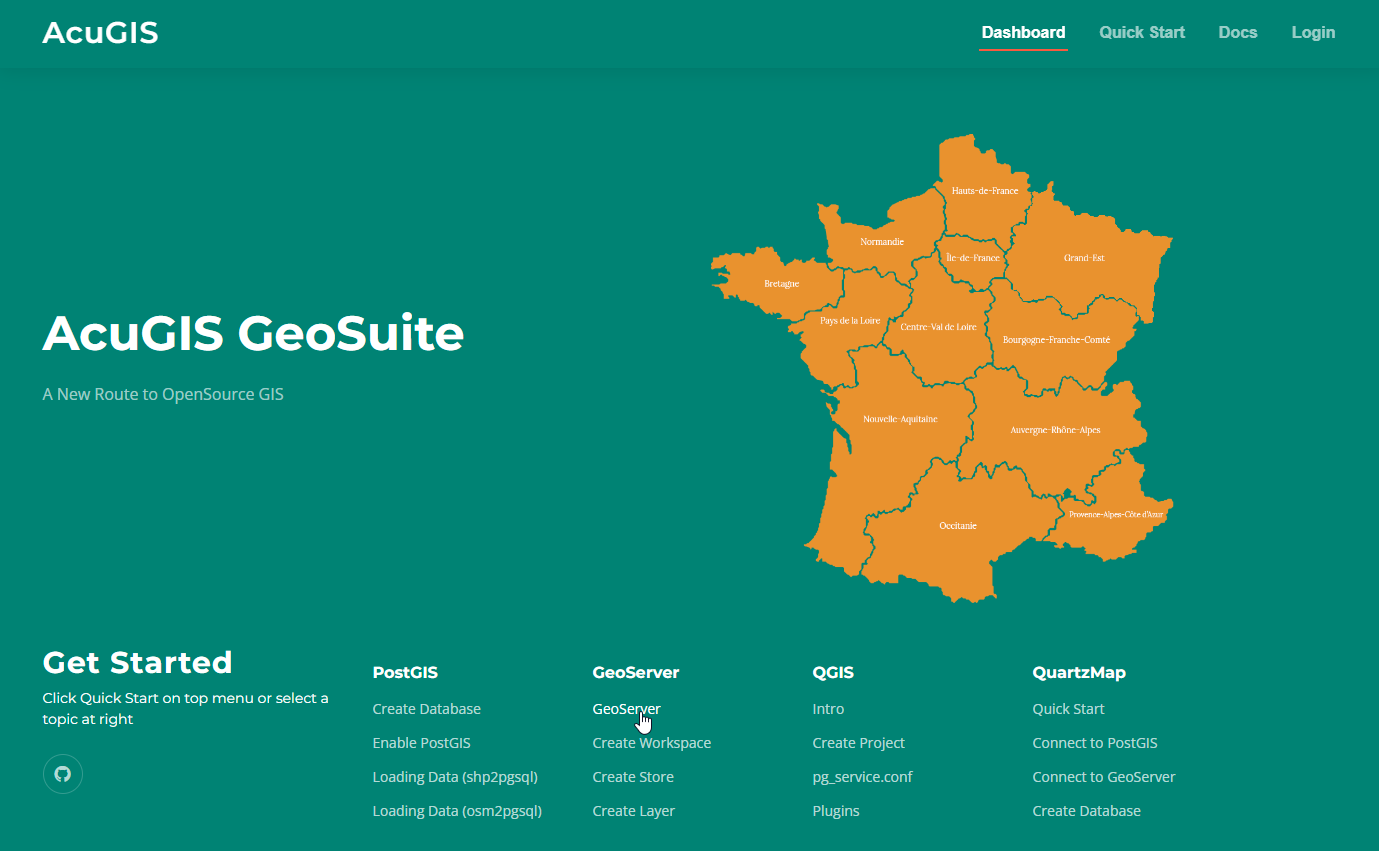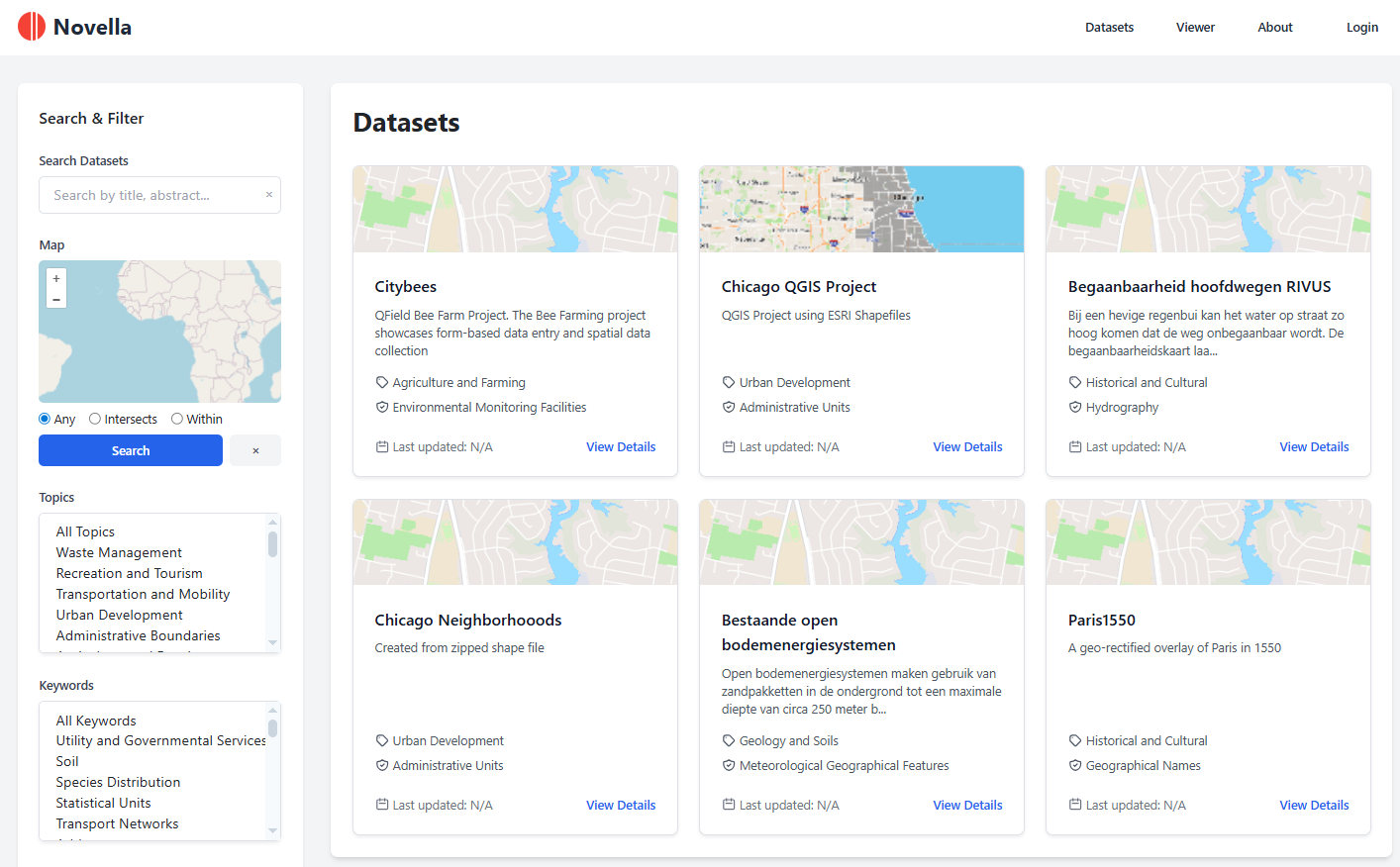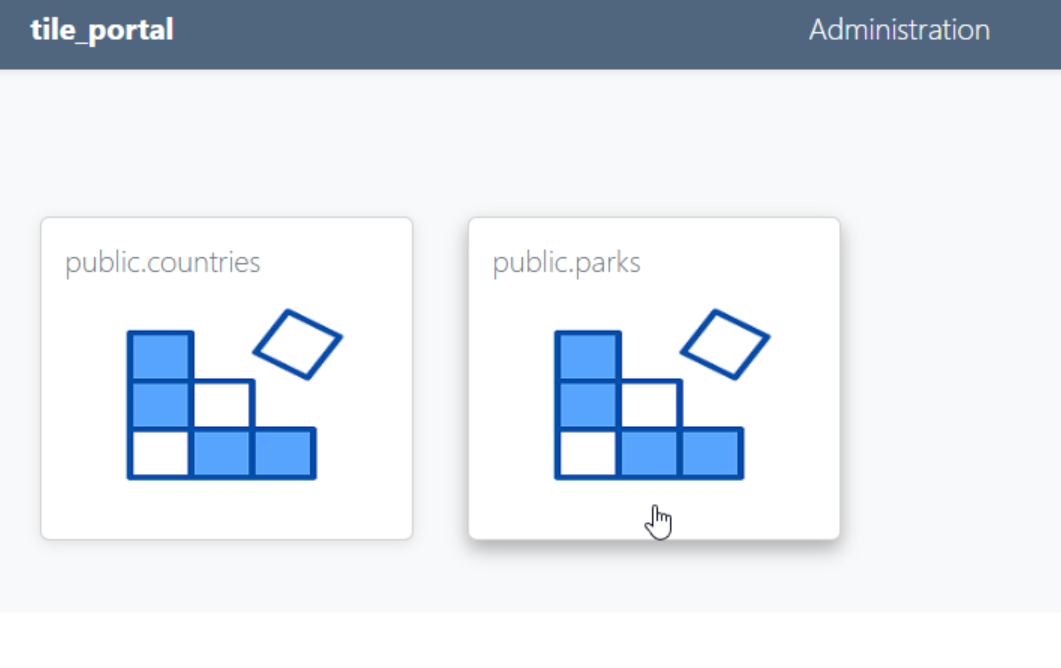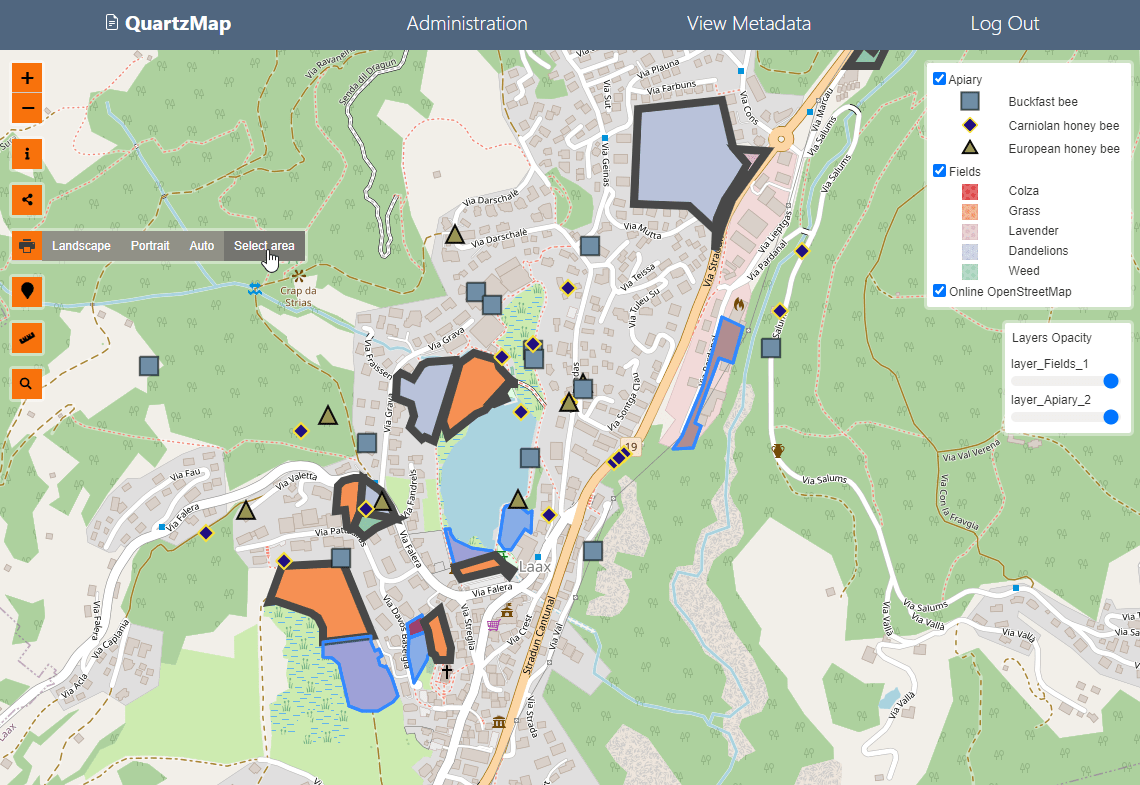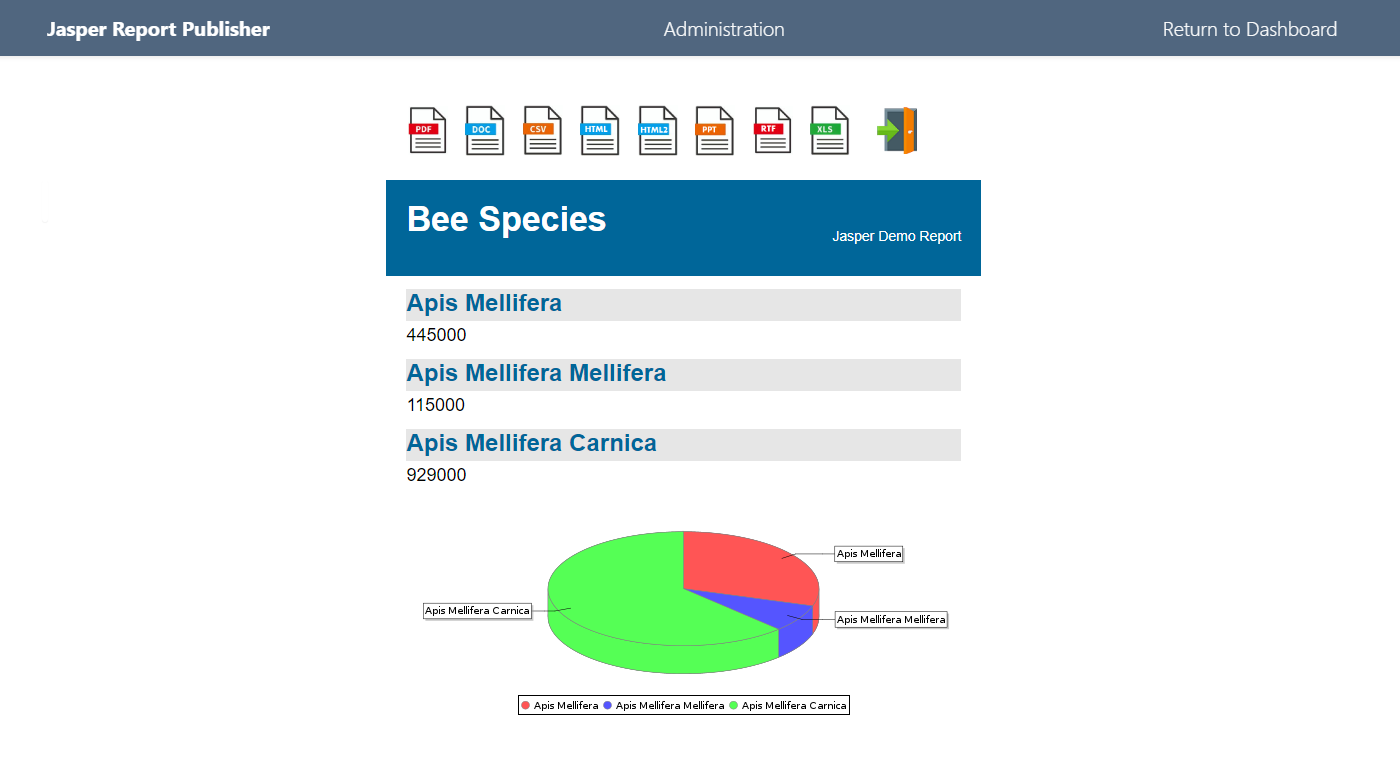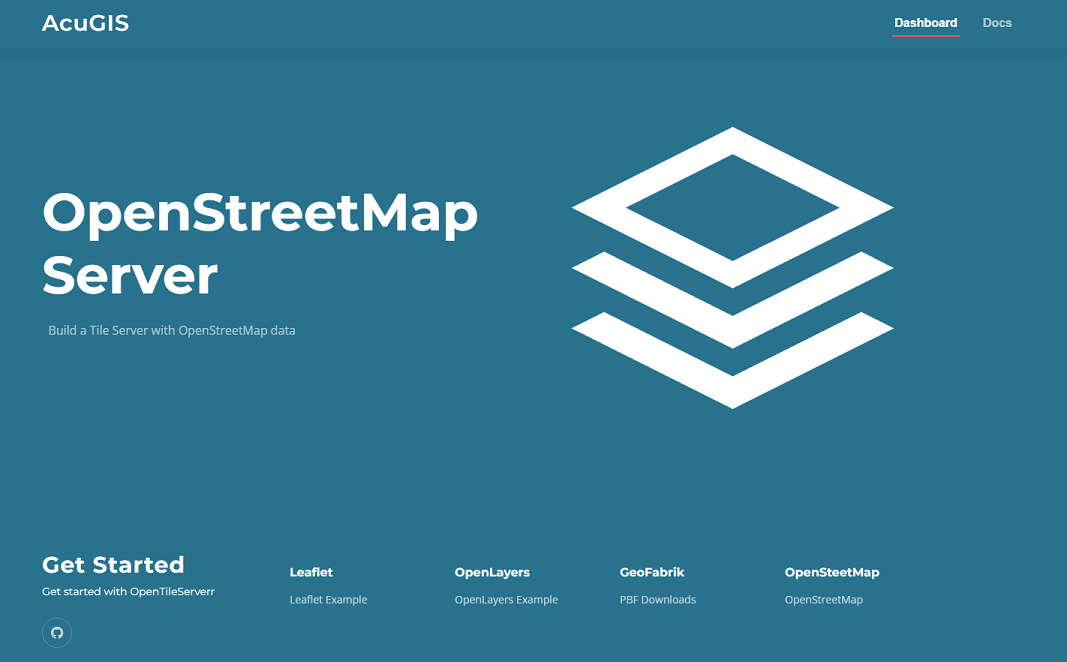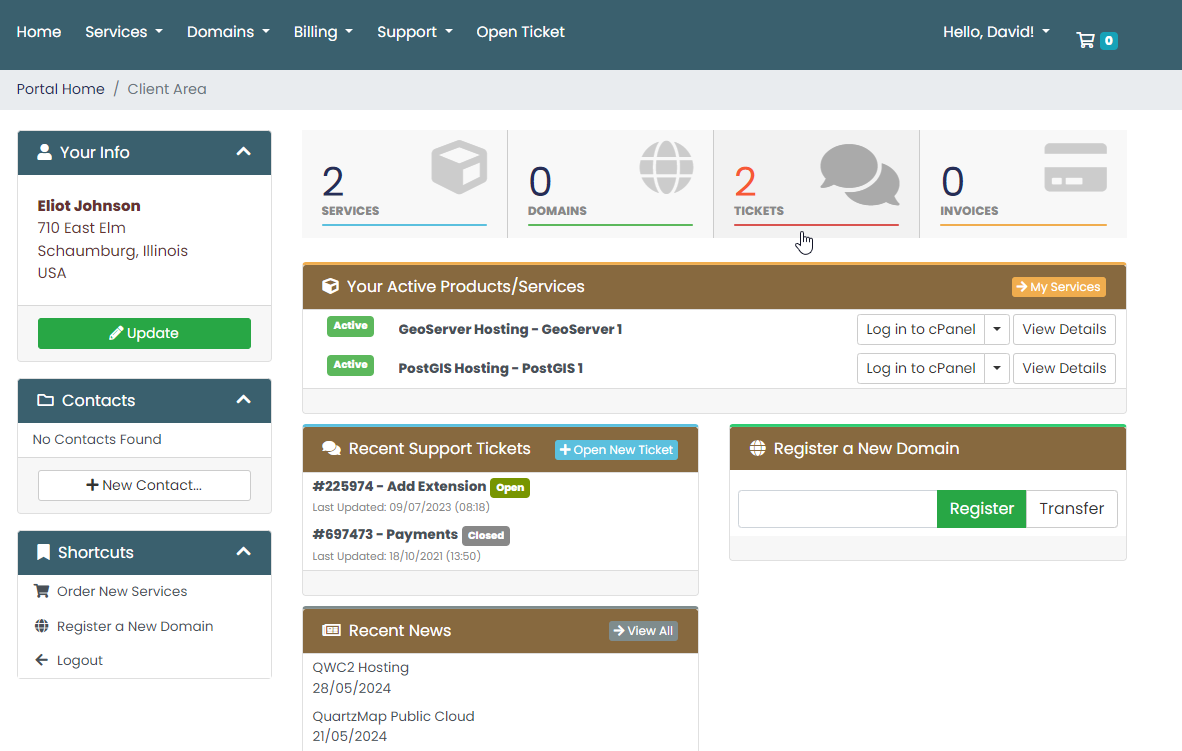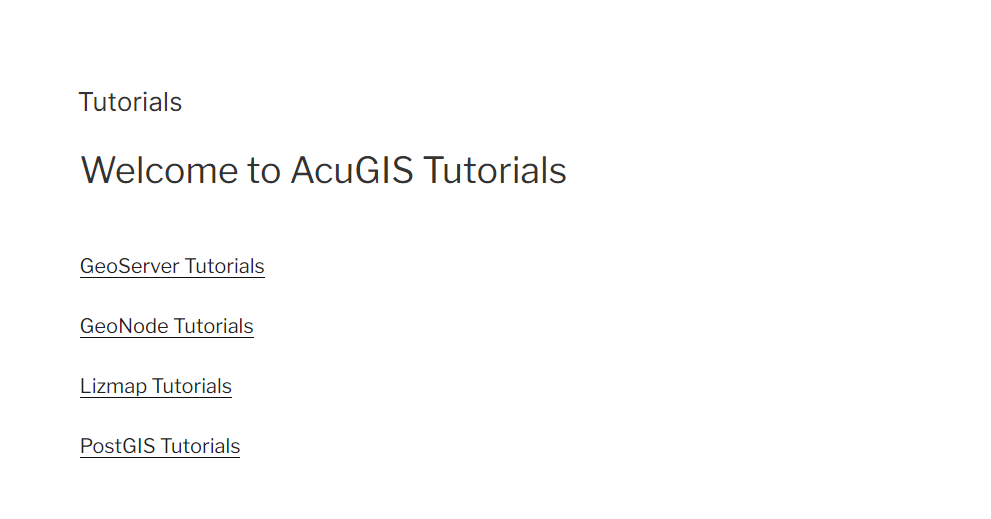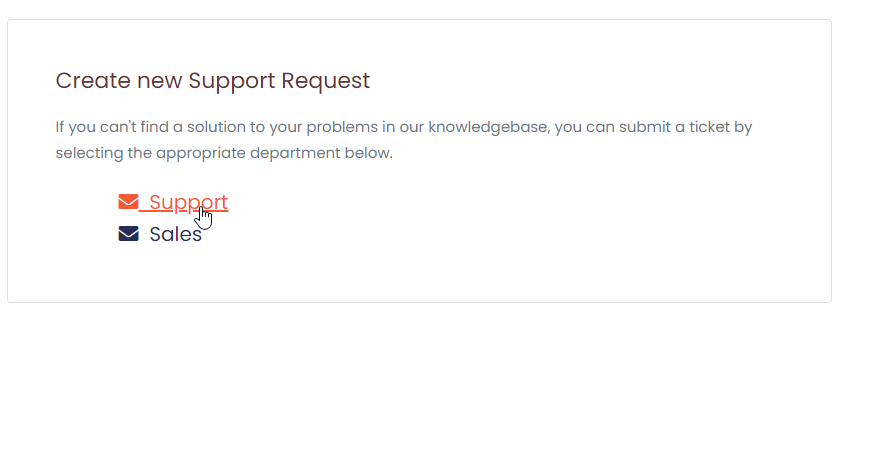|
<!DOCTYPE html>
|
|
<html>
|
|
<head>
|
|
<meta charset="utf-8">
|
|
<link rel="shortcut icon" type="image/ico" href="http://www.datatables.net/favicon.ico">
|
|
<meta name="viewport" content="initial-scale=1.0, maximum-scale=2.0">
|
|
<link rel="stylesheet" type="text/css" href="../../../examples/resources/syntax/shCore.css">
|
|
<link rel="stylesheet" type="text/css" href="../../../examples/resources/demo.css">
|
|
<script type="text/javascript" language="javascript" src="../../../media/js/jquery.js"></script>
|
|
<script type="text/javascript" language="javascript" src="../../../examples/resources/syntax/shCore.js"></script>
|
|
<script type="text/javascript" language="javascript" src="../../../examples/resources/demo.js"></script>
|
|
|
|
<title>Scroller examples - Scroller examples</title>
|
|
</head>
|
|
|
|
<body class="dt-example">
|
|
<div class="container">
|
|
<section>
|
|
<h1>Scroller example <span>Scroller examples</span></h1>
|
|
|
|
<div class="info">
|
|
<p>Scroller is a virtual rendering plug-in for DataTables which allows large datasets to be drawn on
|
|
screen every quickly. What the virtual rendering means is that only the visible portion of the table
|
|
(and a bit to either side to make the scrolling smooth) is drawn, while the scrolling container gives
|
|
the visual impression that the whole table is visible. This is done by making use of the pagination
|
|
abilities of DataTables and moving the table around in the scrolling container DataTables adds to the
|
|
page. The scrolling container is forced to the height it would be for the full table display using an
|
|
extra element.</p>
|
|
|
|
<p>Scroller is initialised by simply including the letter <code>S</code> in the <a href=
|
|
"//datatables.net/reference/option/dom"><code class="option" title=
|
|
"DataTables initialisation option">dom<span>DT</span></code></a> for the table you want to have this
|
|
feature enabled on. Note that the <code>S</code> must come after the <code>t</code> parameter in
|
|
<a href="//datatables.net/reference/option/dom"><code class="option" title=
|
|
"DataTables initialisation option">dom<span>DT</span></code></a>.</p>
|
|
|
|
<p>Key features include:</p>
|
|
|
|
<ul class="markdown">
|
|
<li>Speed! The aim of Scroller for DataTables is to make rendering large data sets fast</li>
|
|
<li>Full compatibility with DataTables' deferred rendering for maximum speed</li>
|
|
<li>Integration with state saving in DataTables (scrolling position is saved)</li>
|
|
<li>Easy to use</li>
|
|
</ul>
|
|
</div>
|
|
</section>
|
|
</div>
|
|
|
|
<section>
|
|
<div class="footer">
|
|
<div class="gradient"></div>
|
|
|
|
<div class="liner">
|
|
<div class="toc">
|
|
<div class="toc-group">
|
|
<h3><a href="./index.html">Examples</a></h3>
|
|
<ul class="toc">
|
|
<li><a href="./simple.html">Basic initialisation</a></li>
|
|
<li><a href="./state_saving.html">State saving</a></li>
|
|
<li><a href="./large_js_source.html">Client-side data source (50,000 rows)</a></li>
|
|
<li><a href="./server-side_processing.html">Server-side processing (5,000,000
|
|
rows)</a></li>
|
|
<li><a href="./api_scrolling.html">API</a></li>
|
|
</ul>
|
|
</div>
|
|
</div>
|
|
|
|
<div class="epilogue">
|
|
<p>Please refer to the <a href="http://www.datatables.net">DataTables documentation</a> for full
|
|
information about its API properties and methods.<br>
|
|
Additionally, there are a wide range of <a href="http://www.datatables.net/extras">extras</a> and
|
|
<a href="http://www.datatables.net/plug-ins">plug-ins</a> which extend the capabilities of
|
|
DataTables.</p>
|
|
|
|
<p class="copyright">DataTables designed and created by <a href=
|
|
"http://www.sprymedia.co.uk">SpryMedia Ltd</a> © 2007-2014<br>
|
|
DataTables is licensed under the <a href="http://www.datatables.net/mit">MIT license</a>.</p>
|
|
</div>
|
|
</div>
|
|
</div>
|
|
</section>
|
|
</body>
|
|
</html> |

 PostGIS
PostGIS Mobile
Mobile QGIS
QGIS MapBender
MapBender GeoServer
GeoServer GeoNode
GeoNode GeoNetwork
GeoNetwork Novella
Novella Solutions
Solutions



